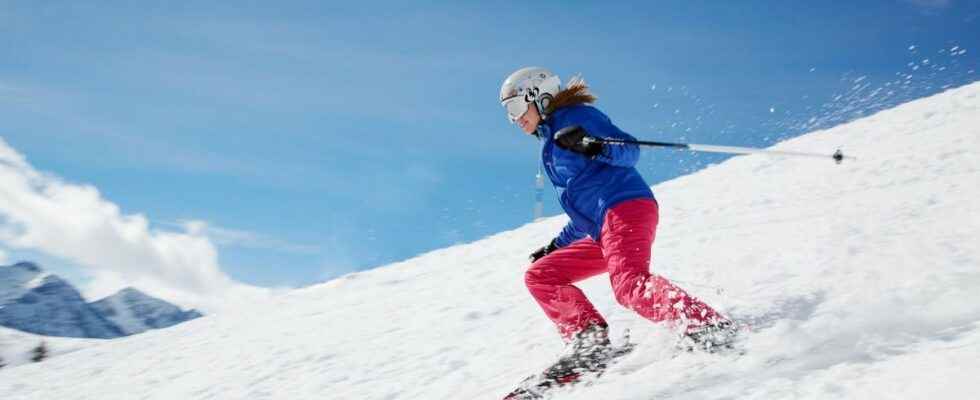Published on
Updated
Reading 1 min.
In winter, some skiers may experience nausea, malaise and dizziness. This is called “ski sickness” or motion sickness. Explanations.
At sea, are you often prone to nausea? Be aware that some skiers experience the same inconvenience in the mountains. This “ski sickness”, similar to motion sickness, is motion sickness. In other words, a disorder resulting from an imbalance between the eyes and the inner ear.
Ski sickness: an inner ear problem
This disorder, encountered on the slopes or in transport, is “due to the contrast between the movement registered by the eyes, and the immobility of the body perceived by the inner ear“, specifies the health insurance.
It is manifested by different symptoms, which vary from person to person: feeling of discomfort in the upper part of the stomach, nausea, disgust for food, crying, restlessness, yawning, etc.
Other inconveniences can also occur: pallor and cold sweats, hypersalivation, vomiting, dizziness, rapid breathing, headaches or even fatigue.
Motion sickness: different factors can explain its appearance
“Psychological factors, such as fear of heights, mountains, speed or falling can also contribute at the onset of this disorder”, specify the authors of a study published in the journal Science and Sports in 2001.
“Atmospheric pressure variations in the inner ear during rapid transition from high altitude to low altitude“, they also participate in the triggering of the affection, details the study, in the same way as the days of fog, also called the “white days“.
As for skiers with “minor ophthalmological disorders such as myopia or astigmatism“, they are more at risk of ski sickness than others.
Finally, skis and ski boots that are too tight can disrupt sensory sensors and promote motion sickness.
The only good news: the symptoms of “ski sickness” disappear quickly when stopping. It is also possible to look away towards a fixed point or to take vestibulosuppressive drugs, supposed to reduce the sensations of vertigo.
